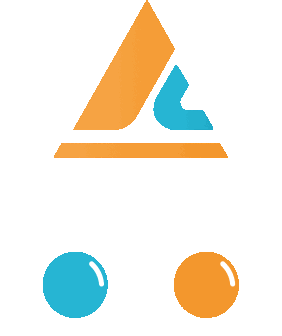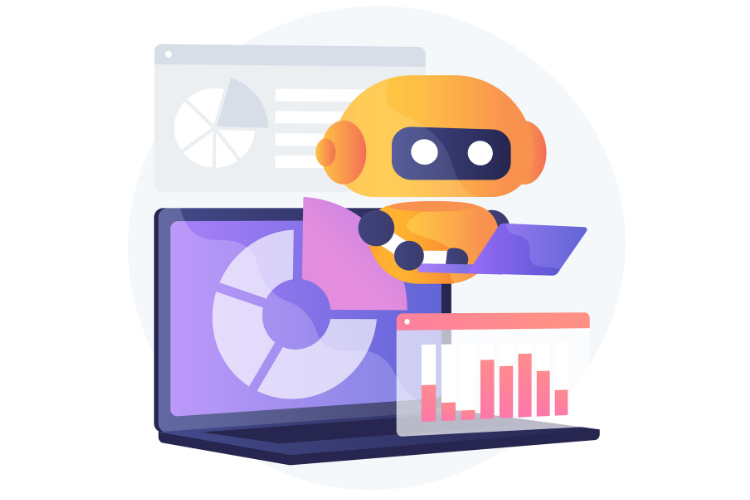
Close

BCoder Castle – Best Software App & Web Design Development Company 2023

Artificial Intelligence (AI) refers to the simulation of human intelligence in machines that are programmed to perform tasks that would typically require human cognition, such as visual perception, speech recognition, decision-making, and language translation. AI systems can learn from data, and adapt to new inputs that are beyond the capabilities of traditional computer programs. In the field of education, AI can be applied in various ways, such as
AI can analyze student data, such as their learning style, strengths, & weaknesses, to create personalized learning paths for each student. This can help students learn at their own pace in a way that is best suited to their individual needs.
Tutoring systems can provide real-time feedback to students and adapt the curriculum to their learning pace, making the learning experience more effective and engaging.
Grading and assessment of assignments, tests, and exams, reducing the workload for teachers and providing more timely feedback to students.
Adaptive testing systems can adjust the difficulty of questions based on the student’s performance, providing a more accurate assessment of their knowledge and skills.
AI-powered chatbots & virtual assistants can assist students in answering questions and solving problems providing a more interactive and personalized learning experience.

There are several potential benefits of using Artificial Intelligence (AI) in education, including
AI can provide teachers with real-time data on student performance and suggest personalized interventions to support struggling students. This can help teachers make more informed decisions and improve the quality of their teaching.
Artificial Intelligence can automate routine tasks such as grading, assessment, and feedback, freeing up teachers’ time to focus on more creative and innovative aspects of teaching.
AI can provide students with access to educational resources and support services that they may not otherwise have access to, such as online tutoring or virtual classrooms.
It can help reduce barriers to learning by providing support for students with disabilities or learning differences, such as speech recognition software or text-to-speech technology.
AI can analyze large amounts of data to identify patterns and trends in student performance, helping to inform educational policy and practice.
These are AI-powered virtual assistants that can help students with their queries, doubts, and tasks. They use natural language processing and machine learning to understand the student’s questions and provide relevant answers or guidance. Chatbots can be integrated into learning management systems, mobile apps, or websites. Examples of educational chatbots include IBM Watson Assistant, Duolingo’s chatbots, and Brainly.
These are AI systems that use natural language processing and machine learning to grade essays and provide feedback. They analyze the grammar, syntax, semantics, and coherence of the text to evaluate the quality of the writing. Examples of automated essay graders include Turnitin, EdX’s OpenEdX, and ETS’s e-rater.
These are tools that use data mining, machine learning, and visualization techniques to analyze student performance and behavior. They can identify patterns, trends, and insights that can inform teaching strategies, curriculum design, and personalized learning. Examples of learning analytics platforms include Blackboard Analytics, Brightspace Insights, and Moodle Analytics.

Implementing AI in education poses several challenges that need to be addressed before realizing its full potential including:
To overcome these challenges, educators and developers must work together to create and validate AI systems that are fair, transparent, and accountable. This can involve using diverse datasets and incorporating ethical considerations into the design of the systems. Additionally, investing in the training of educators and students in AI literacy can help build awareness and understanding of how AI works and how to use it effectively and responsibly in education.
BCoder Castle specializes in building education platforms with the help of AI. We have an expert education app developer & we work with educators and educational institutions to develop customized solutions that utilize artificial intelligence to enhance the learning experience for students.
By incorporating AI technology into education platforms, We are able to provide personalized learning experiences that are tailored to each individual student. This can involve analyzing student performance data, identifying learning patterns, and developing customized learning pathways that are optimized for each student’s strengths and weaknesses.
If you want to launch your education platform with AI technology, we can help you to build customized solutions that incorporate the latest AI technology and best practices in education.
Ans: AI is used in education to automate administrative tasks such as grading and scheduling, personalize the learning experience for individual students, provide real-time feedback to students and teachers, and identify students who may be at risk of falling behind. AI-powered systems can also analyze student data to identify patterns and trends, which can inform decision-making at the institutional level.
Ans: Yes, there are concerns about AI in education, such as data privacy, bias, and the potential for AI to replace human teachers. Safeguards and ethical standards should be implemented when using AI in education to ensure the responsible and effective use of these technologies.

